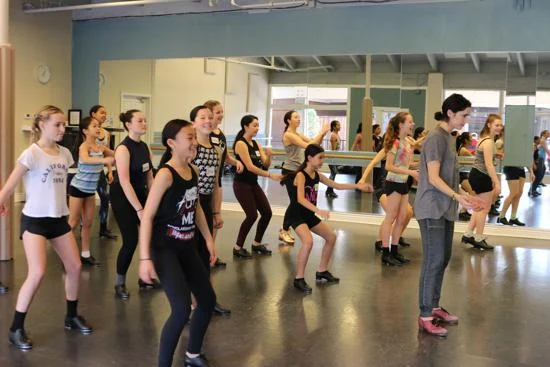
- 1-the-definition-of-dance-schools-vs-dance-halls
- 2-why-dance-schools-are-not-just-dance-halls
- 3-legal-and-functional-distinctions
- 4-community-perspectives-and-real-life-cases
- 5-finding-the-right-dance-environment-for-you
1. The Definition of Dance Schools vs. Dance Halls
At first glance, a dance school and a dance hall might appear similar—they’re both places where dancing happens. But when you look deeper, their purposes, structures, and legal identities are quite different. This brings us to a surprisingly common question: are dance schools considered dance halls?
Dance schools are educational institutions focused on teaching movement, discipline, and artistry. Dance halls, on the other hand, historically served as social venues for public dancing—think swing-era halls or Latin dance clubs today. While both involve movement and music, their missions are fundamentally distinct.
2. Why Dance Schools Are Not Just Dance Halls
Structured Learning vs. Social Gathering
A dance school offers structured programs, syllabi, and credentialed instructors. Whether it’s ballet for kids or contemporary technique for professionals, the intent is educational. Dance halls prioritize social connection and entertainment, usually in informal settings.
Environment and Atmosphere
A dance school often features mirrored walls, barres, sprung flooring, and scheduled classes. Dance halls, in contrast, typically include lounges, dim lighting, and open spaces for freestyle dancing. The vibe of one is instructional; the other, recreational.
Purpose Matters
This distinction becomes critical in city zoning codes and business licenses. Many municipalities don’t classify dance schools as dance halls, especially if the space is used exclusively for teaching and not for public events or social dances.
3. Legal and Functional Distinctions
Zoning and Licensing Laws
A real-world case occurred in New York where a dance studio teaching salsa and bachata faced closure because it was misclassified as a nightclub. It wasn’t offering alcohol or nightlife entertainment—it was offering technique and structure. Eventually, the city amended its zoning interpretation, clarifying that not all places where dancing occurs are "dance halls" under the law.
Insurance and Safety Standards
Dance schools often carry educational liability insurance and must meet specific safety requirements, particularly for children. Dance halls, being entertainment venues, are governed by nightlife or hospitality regulations, which may include crowd control and security measures.
4. Community Perspectives and Real-Life Cases
The confusion sometimes leads to real consequences. One studio in Los Angeles shared how being labeled a "dance hall" by landlords led to skyrocketing rent and insurance costs. In response, they rebranded and clarified their role as an accredited dance academy. Community support helped them stay open.
Parents choosing a dance school for their children or adults seeking technique improvement usually seek clarity. They want a space that’s safe, educational, and professionally led—not a social venue with loud music and flashing lights.
5. Finding the Right Dance Environment for You
If you’re looking for skill development, discipline, and performance training, a dance school is your best fit. If your goal is social dancing or casual fun, a dance hall or club might suit you better. It all comes down to intent.
To avoid confusion, always check how a studio describes itself. Institutions like American Dance Academy clearly define themselves as professional training environments. Their focus is on growth, technique, and mentorship—not just movement for entertainment.
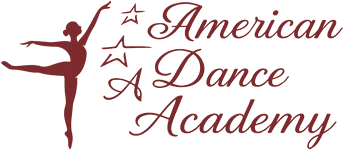
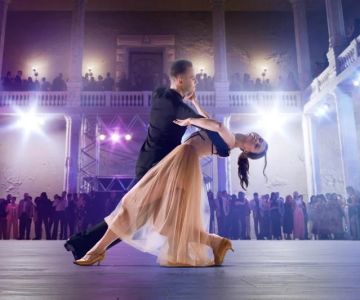
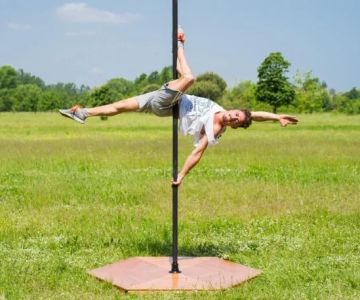
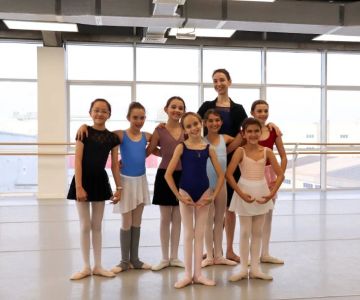
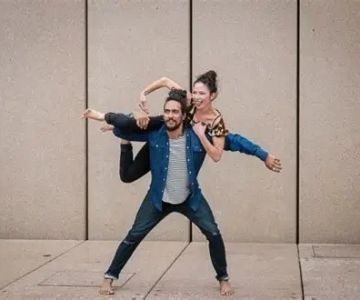
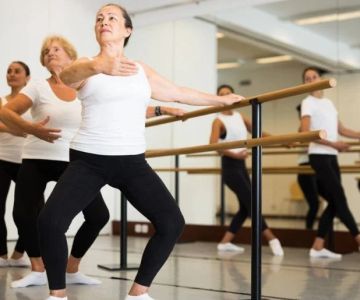
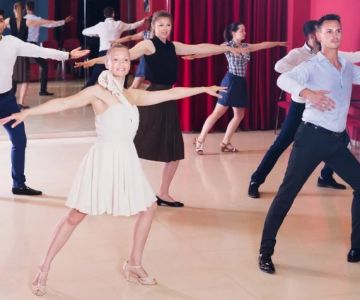
 Barrington Dance Academy5.0 (22 reviews)
Barrington Dance Academy5.0 (22 reviews)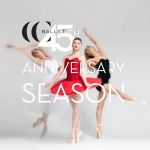 Canyon Concert Ballet4.0 (17 reviews)
Canyon Concert Ballet4.0 (17 reviews) Big City Dance Center LLC4.0 (25 reviews)
Big City Dance Center LLC4.0 (25 reviews) Tye Chua Dance & Kalamazoo Ballet5.0 (18 reviews)
Tye Chua Dance & Kalamazoo Ballet5.0 (18 reviews) Fenton Ballet Theatre4.0 (24 reviews)
Fenton Ballet Theatre4.0 (24 reviews) Front Street Dance Center5.0 (7 reviews)
Front Street Dance Center5.0 (7 reviews) Are There Dances in Middle School? What Students and Parents Should Know
Are There Dances in Middle School? What Students and Parents Should Know How a Dance School in Instagram Builds Community and Success
How a Dance School in Instagram Builds Community and Success Why Do Schools Teach Square Dancing?
Why Do Schools Teach Square Dancing?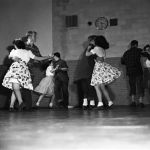 Why Was Square Dancing Taught in School?
Why Was Square Dancing Taught in School? Why Swing Dance Is Popular for Adults
Why Swing Dance Is Popular for Adults A School Dance: How to Prepare, Shine, and Make It Unforgettable
A School Dance: How to Prepare, Shine, and Make It Unforgettable